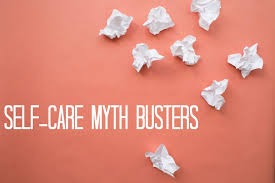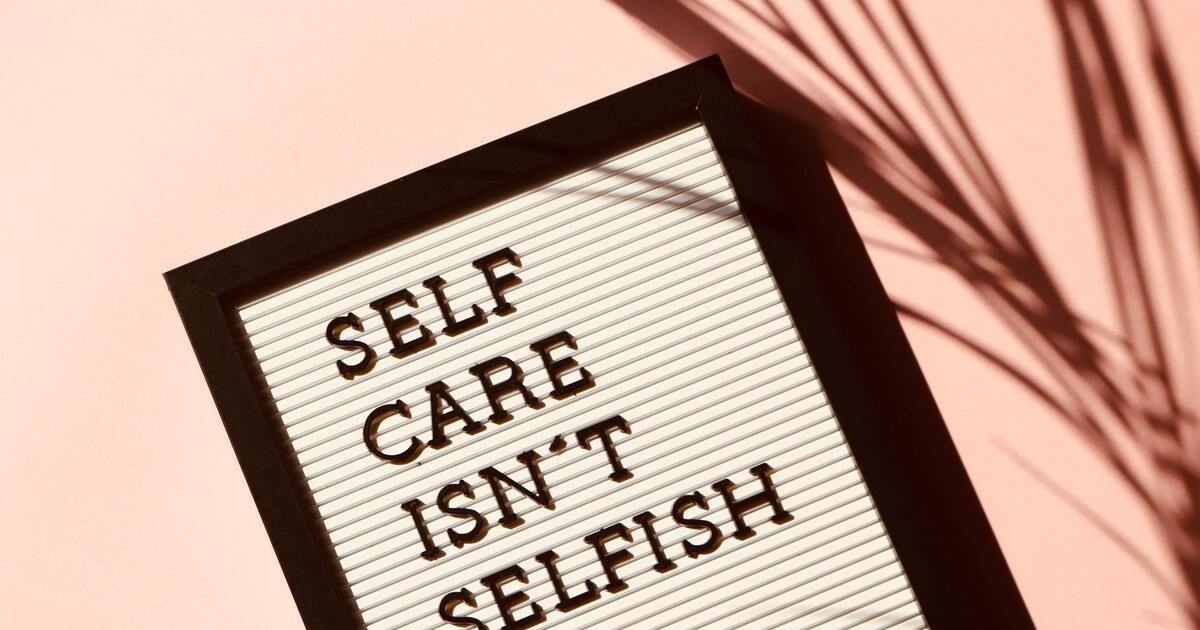There are no items in your cart
Add More
Add More
| Item Details | Price | ||
|---|---|---|---|
Self-care has become a buzzword plastered across social media with candles, bath bombs, and “treat yourself” moments. While there’s nothing wrong with these indulgences, they often distract from what true wellness actually requires.
Let’s take a deeper look and bust the most common myths about self-care.
Sat Jun 28, 2025
Self-care is everywhere on social media, in wellness ads, in morning routine videos that promise to fix your life in five steps. But as helpful as some of this content can be, it’s also created a lot of confusion.
At Whiteverve, we believe wellness shouldn’t feel like a trend or a checklist. It should feel like something that actually supports your life on hard days, busy days, and everything in between.
So let’s unpack the most common self-care myths and redefine what real wellness looks like today.

Myth 1: Self-Care Means Buying Expensive Things
There’s a popular idea that self-care requires splurging whether it’s luxury skincare, spa days, or wellness subscriptions. While these things can be enjoyable, they aren’t the core of what it means to care for yourself. Real self-care is often simple and rooted in routine: staying hydrated, cooking a meal at home, getting quality sleep, or saying no to a commitment that drains you. You don’t need to spend money to prioritize your well-being you need to start by paying attention to yourself.
Myth 2: Self-Care Is All About Comfort and Pampering
It’s easy to associate self-care with relaxation bubble baths, naps, or binge-watching a show. But in truth, self-care often involves doing the things we resist. It’s about responsibility as much as rest. That includes getting up early to stretch even when you’re tired, booking that overdue medical appointment, creating structure when life feels chaotic, and being honest with yourself about unhealthy habits. Sometimes, taking care of yourself means choosing discipline over ease.
Myth 3: Self-Care Has to Be Done Alone
Many people assume that self-care is a solo activity. While alone time can be healing, human connection is just as vital for emotional well-being. Talking to someone you trust, asking for help, being part of a community, or simply spending quality time with people who uplift you these are all powerful acts of care. Wellness doesn’t always mean retreating; sometimes it means reaching out.
Myth 4: You Need to Practice Self-Care Every Day, or You’re Failing
The pressure to maintain perfect daily routines can make self-care feel like a performance. In reality, life is unpredictable. Some days you’ll journal, meditate, eat clean, and sleep early and other days you’ll just try to get through. That doesn’t mean you’ve failed. True self-care is flexible and forgiving. It meets you where you are and adapts as your needs change. The goal isn’t perfection; it’s progress.
Myth 5: There’s One Right Way to Do Self-Care
Social media has convinced many of us that there’s a checklist for proper self-care. But wellness doesn’t look the same for everyone. For some, it’s a quiet walk in nature. For others, it’s dancing to loud music, cooking a favorite meal, or saying no to social plans. Your self-care should be based on your lifestyle, values, and emotional needs not on what looks good in a reel or fits someone else’s routine.
So, What Does Real Wellness Look Like?
At its core, wellness is about sustainable habits that nourish your mind, body, and emotions. It’s about noticing when something feels off and doing what’s necessary to realign. It’s about rest, yes but also about resilience, boundaries, movement, nutrition, purpose, and presence. And most importantly, it’s about making choices that support your well-being even when they’re uncomfortable, inconvenient, or quiet.
At Whiteverve, we believe in redefining self-care to reflect real life. Not a highlight reel. Not a luxury. But a long-term commitment to yourself. One that is imperfect, evolving, and deeply personal.
You don’t need permission to start caring for yourself. You just need honesty, intention, and compassion. That’s what real self-care looks like.

Whiteverve